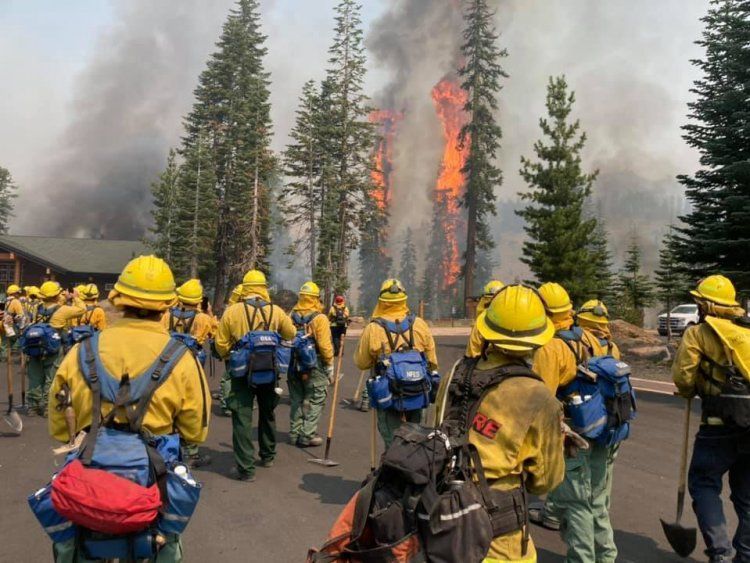
U.S. Sens. Dianne Feinstein (D-CA), Michael Bennet (D-CO), and Mike Crapo (R-ID) introduced this week an amendment that would formally authorize the National Guard’s Fireguard program and alter its year-by-year approval structure to a more certain, five-year authorization.
The senators argued that this would allow greater long-term certainty for emergency responders reliant on the program. It would also assure firefighters have another tool in their arsenal to help detect and monitor wildfires in communities across the country.
“The real-time fire location data we receive from the Fireguard program has been a great help in deploying California’s wildland firefighting crews quickly and where they’re most needed,” Feinstein said. “This amendment would sustain the program, a critical tool as Western wildfires become more frequent, more destructive, and more deadly as a result of climate change. I encourage all senators to support this amendment to extend a vital initiative that will save lives.”
The Fireguard program launched in 2019 as a pilot means for the National Guard to improve information sharing with wildland firefighting communities. It consists of two teams of Air Force and Army National Guard intelligence analysts based in California and Colorado, respectively. These analysts use the National Geospatial-Intelligence Agency’s (NGA) Firefly program to provide data to aid counter-fire efforts.
“The National Guard’s FireGuard program has proven to be a valuable asset in wildfire firefighting across the West,” Crapo said. “By using advanced technologies to track and predict fire patterns, the FireGuard program is crucial to keeping western communities safe.”
According to Col. Mike Bruno, the Chief of the Joint Staff, Colorado National Guard, the program is responsible for preventing significant loss of life and property in its two years of service. Extended on a year-to-year basis, the program is currently authorized to run until Sept. 30, 2022.




